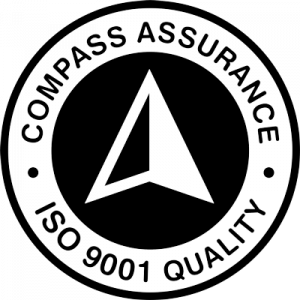During my career, one thing I’ve discovered is that the toughest time for any client on their project is that period in the project timeline before committing to builder and the funder. It’s the leap of faith before you sign the construction contract and the funding contract and pour your remaining equity into literally a block of dirt.
There’s no certainty, no guarantee that the project will sell out or that there won’t be issues through construction. There is no way around the fact that you will hit peak debt, settlement risk and in this moment are exposed to cost escalation.
The enormity of the stress and coming together of so many complex issues can be overwhelming at times.
It’s at this point where making decisions can be challenging. It’s easy in this situation to make the wrong decision or not handle something as well as you could.
Here’s my checklist of what you need to have to navigate through this period:
1: Fiscal Responsibility—It goes without saying, know your numbers and know them well. Run sensitivities on costs and gross realisation to know your ultimate risk profile and be clear on the precommitments you need.
2: Trust—Don’t lose sight of the team and the personnel that have worked to get the project to such a critical milestone. Now is not the time to lose trust
3: Exit Strategy—Know the key indicators for your exit strategy. Have a planned exit strategy for each stage of the project so that the decision to exit the project is as unemotional as possible if you hit your key indicators.
4: Delegate—Don’t over commit yourself. Understand what the key actions and decisions are on a project. It’s more important in the position of client and developer than your mental and emotional capacity is reserved for key decisions at this stage and not tied up in minor details or unnecessary meetings.
5: Program—Get clear on the process so that the project can maintain flow during periods of high stress. At this stage it’s a normal reaction to try push through to work harder and push the team. Sometimes this puts the team’s focus on areas of the project that aren’t important, and focus is off the critical path.
6: Process—Have an agreement with your key project team members on how the project will run through each stage of the project. Be clear on who is responsible for decision making, responsible for each stage of the project delivery, the order in which critical activities will take place on the project, your overall project strategy and agreed communication plan between all stakeholders. Clarity on agreed processes for the project takes away a lot of angst and stress during stressful times on the project.
7: Know yourself—One of the hardest feats for anyone to master. Truly knowing your limits and knowing how you best perform will give you a competitive edge and a higher level of emotional endurance during the tough stages on the project. It’s as simple as sticking to what makes you feel good even when the stress of everything makes you want to bunker down and do more work. If you enjoy going for a surf or to the gym in the morning, stick to that. If you’re finding it hard to think straight, then take the afternoon off and do something other than work. If you feel exhausted, rest. Knowing yourself and your limits will allow you to take the actions that will give you clarity and peace of mind when times are stressful.




